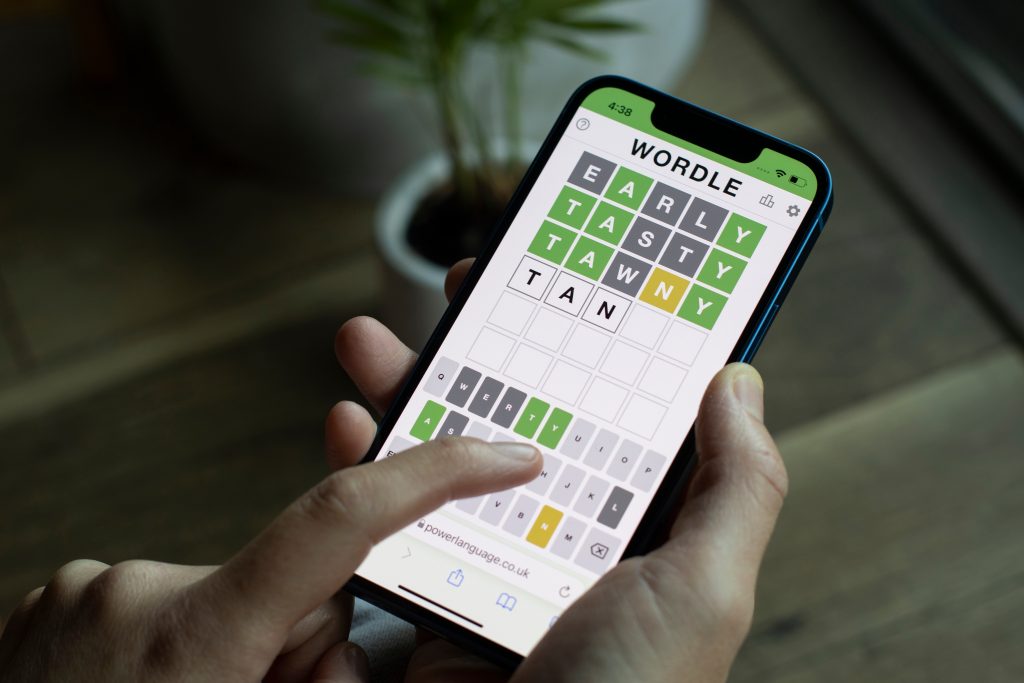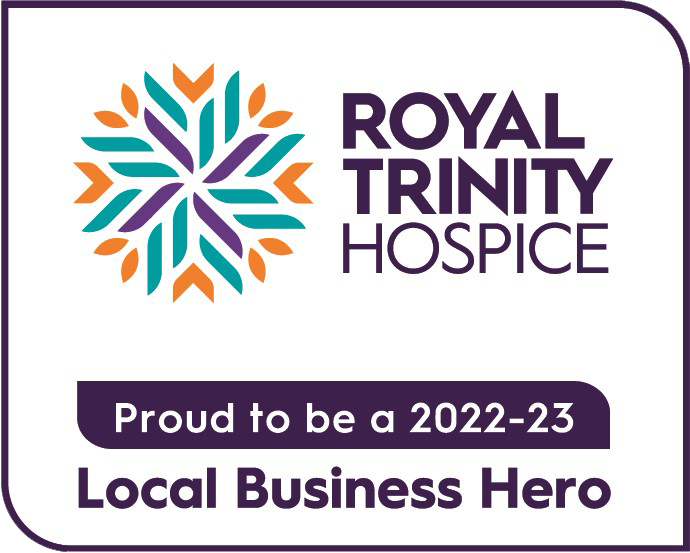
Learn. Extra. Words.
There’s a great cartoon depicting a therapist asking a patient (laid out, naturally, on a chaise longue) “So, if I understand it correctly, you’ve become so obsessed with Wordle that you can only use five letter words…?” To which the patient replies, “Quite right sadly…”. The conversation continues in a similar vein with the patient signing off with, “great, adieu…”
It brilliantly captures the latest online fad that’s entertaining more and more of us. For those not yet in the know, Welsh engineer Josh Wardle created Wordle, naming it with a play on his own last name. Originally he created it for his partner, who loved word games, then sent it to his family’s group chat. Over 300,000 people played Wordle on January 2, 2022, up from 90 players on November 1, 2021. That number rose to over 2 million a week later.
The rest is history – a rather lucrative one for Josh, who flogged it to the New York Times for “an undisclosed price in the low-seven figures.”
At a time of huge upheaval and uncertainty on so many fronts – Covid, inflation, war – Wordle has provided something of an escape from the relentlessly depressing news. This is not to say it isn’t at times infuriating. But, the satisfaction of achieving those five green tiles indicating that you are literate and functional is strangely compelling.
There is something else about the Wordle phenomenon that may prove beneficial to health. How? Because it briefly connects people with some innocent common purpose on a regular basis.
A daily exchange of Wordle experiences is a sort of bellwether for your friends’, families’ and colleagues’ collective mental health. Even when one of your network loftily announces that they do the French and Spanish versions as well, you sort of know that things are OK. If a little annoying.
It also works in a slightly different way to the memes of Trump, Boris, Putin et al, or the little homilies which are serially and unsolicitedly forwarded. Always by the same people who appear to want to draw you in to their politics or sense of humour. Inevitably, these tend to be a bit hit and miss, and really only succeed in filling up email and Whatsapp space.
Is Wordle elitist? No more so than say, a crossword or Sudoko? Anything that might improve literacy has to be a good thing. And, the benefits to one’s mental wellbeing of continuing to do puzzles, particularly as we age, are well known.
If you consider it elitist to discuss whether American spelling is acceptable, then Wordle probably isn’t for you. Never! (as no seasoned player would ever start their Wordle. A waste of an e you see…)
Follow Salix & Co on Twitter @salix_says and more daily health and social care news and comment at Salix Bureau

